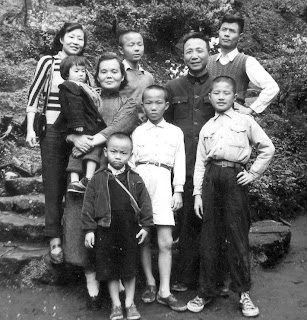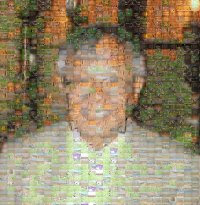Last week, Time Magazine devoted the issue to the subject of education (see the issue on Sept. 20, 2010). The conclusion is what we have talked about for many years. It all starts with the teachers. There are just very few Colleges of Education in this country which produce "good teachers", yet they would never admit their failure. Just to give you one example, year after year, the ETSU Departments in the College of Education consistently have course averages above 3.8, which is higher than those in other Departments in other colleges. They are way above those in Chemistry classes. The average grade in all Chemistry courses usually is about 2.2 out of a possible 4. And to make things worse, since we started requiring a general graduation test for randomly selected students, College of Education students regularly have the lowest average grade, year after year! As a teacher, one should be ashamed of yourself if your students can not compete with others.
When I did not get into Taipei cities Junior High schools, father immediately transferred my brother Dean to a better primary school. He did not have my problem, later getting into both senior high and college smoothly. That was true for both Ed and Kai later; they all went up the education ladder without a hitch. My family definitely had a good demonstration of how important a role teachers play.
After I got into Cheng Kong High school, I started to appreciate good teachers. Yes, we did have some good teachers. I am going to use the next few blog spaces to talk about them. I did not realize how big a role they played until I had a chance to compete in college entrance exams. Maybe people do not like testing but the only way we can compare systems is by common exams. And it is they who inspired me to follow in their footsteps to become an educator and try to give a chance to young people following us. I will talk more about this decision later.











